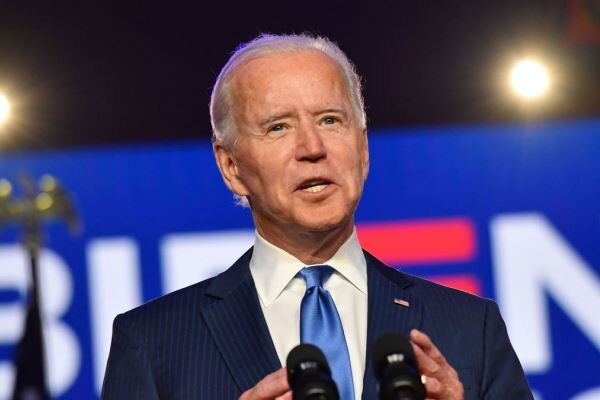Seyyed Reza Mirtaher told the Strategic Council on Foreign Relations that Biden is following the same policy of Barak Obama towards Iran which resulted in the imposition of unilateral US and EU sanctions against Iran.
“In the meantime, Biden is intending to continue Obama’s policy towards Iran and it has been reported that the US president has proposed a three step plan in consultation with the Europeans to return to the nuclear deal. However, what is currently being said as the official US policy in remarks by the authorities of the Biden administration and the US president is that until Iran does not return to the full implementation of its commitments in the JCPOA, the US government would not take any step to reduce sanctions. And in the meantime, they want Iran’s enrichment more than the levels described in the nuclear deal to be stopped. The Islamic Republic of Iran has openly declared its position in this regard.”
Asked about the probable policies of the Biden administration towards Washington’s two main global rivals i.e. China and Russia, Mirtaher said it seems the officials in Washington are keen on intensifying hardship on Russia at least in their remarks and statements.
He added that the Democratic government in the US was predicted to place on the Biden’s agenda the intensification of hardship on Russia given the allegations during Trump’s tenure against Russia and Trump’s relationship with Russian President Vladimir Putin. From now on, we would be witness to a change in policy and diplomatic and propaganda war between the US and Russia under excuses such as the arrest and conviction of Alexi Navalny the leader of opposition. It is also being said that the US pressures would be heightened against Russia.
Mirtaher said this issue has caused Russians to prepare for a probable intensification of tensions with the new US administration as they have not much hope in Biden.
Referring to the landscape of relations between Washington and Beijing during Biden’s term in office, this expert of international issues said despite allegations leveled by Trump against Biden during the election campaigns which introduced Biden as an agent of China, the current measures by the White House indicate that the Biden administration indeed decides to heighten hardship against China.
Mirtaher said from the security and military dimension, we are witness to increased military presence of the United States in the South China Sea and the Taiwan Strait and the US warnings to China concerning the continuation of measures in the South China Sea and the Eastern China Sea indicates that Washington decides to increase pressure on China.
“From the commercial and trade point of view, it is possible to see some interactions and agreements between the United States and China. However, what is evident in the official stances of the US officials is that from the viewpoint of the Americans, China is one of the largest rivals and enemies of Washington and this would encourage the White House to adopt a tougher stance towards China.”
He added that in general, the foreign policy of the Biden administration is focused on the return of the United States to the international scene as well as multilateral measures with the US allies and partners in various parts of the world and a review in the regional policies of the United States including in the West Asia concerning traditional partners of Washington such as Saudi Arabia and the Zionist regime.
“As with Saudi Arabia, Biden in his election campaigns and Democrats in the US Congress have a very critical approach towards this country especially towards the US-supported Saudi invasion of Yemen. Therefore, one of the primary measures taken by the Biden administration was the official announcement of cutting intelligence and arms support for Saudi Arabia in the Yemen war and review of deproscribing Ansarollah as a terrorist group.”
Asked about the approach of the new US government towards the Zionist regime, Mirtaher emphasized that it is very clear that plans pursued by Trump in the heart of Tel Aviv especially the so-called Deal of the Century is no longer valid; “however, there is a series of issues to which the Biden administration is still allied. Such issues are the continuation of normalization of Arab countries relations with the Zionist regime and continuation of political and military support for Israel”.










0 Comments